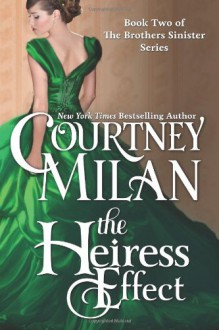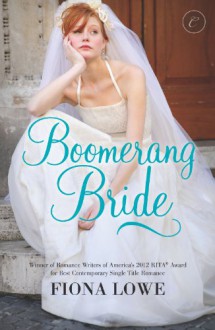
Add me to the ranks of Courtney Milan's squeeing fangirls. I was up until 1:00 AM reading this book, and then for another hour just enjoying the post-book Feels. While I didn't enjoy the Brothers Sinister series quite as much as I loved Milan's Turner series (and that mostly only because I really disliked book three of Brothers Sinister, The Countess Conspiracy, and also because I luuuuurrrrvvveee books one and three of the Turner series, Unveiled and Unraveled, like I love no other romance novels ever written), it was still pretty great, and this was a hugely satisfying capstone to the series. (There is supposed to be a novella coming out in August to officially wrap things up, but we all know novellas don't count.)
Frederica "Free" Marshall is a fantastic heroine--smart, funny, sexy, and unapologetically independent. She runs a newspaper by, for, and about women and women's causes, and she will stop at nothing to get her story -- even pretending to have syphilis and getting herself incarcerated in order to write about the deplorable treatment of imprisoned prostitutes in the government's lock hospitals.
Unfortunately, she finds herself in a bind that will seem all too familiar to modern readers: she rejected a man's sexual advances, and now he's trying to destroy her by threatening her, ruining her business, and burning down her house. As another reviewer pointed out, despite its Victorian-era English setting, something about this book feels like the most epic #yesallwomen tweet ever.
Enter Edward Clark, the brother of the man trying to ruin Free. Edward aligns himself with Free first to protect one of her writers, who is an old friend, but within moments he becomes devoted to Free alone. However, Edward doesn't consider himself worthy of her because of his (literally) tortured past, and so he tries to keep his distance even as he falls deeper in love.
This book works as a standalone, but readers familiar with the series will get more out of the scenes in which Free and Edward meet up with her family -- her parents, brother, her brother's half-brother and cousin -- because they will recognize these couples from prior books in the series, and it's lovely to see everyone still enjoying their happy-ever-afters.

 Log in with Facebook
Log in with Facebook 








